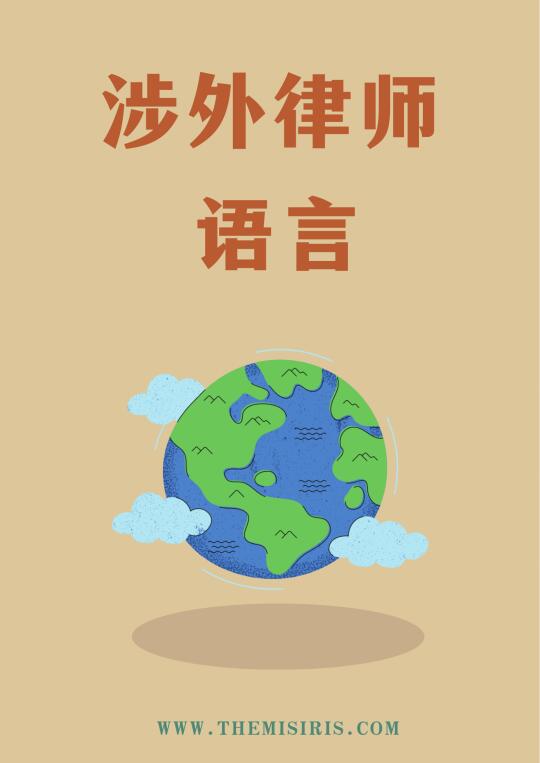
精准和生硬的法律英语翻译区别(4/100)
一、若一方违反合同约定,应向另一方支付违约金。
精准翻译:If one party breaches the contract, it shall pay liquidated damages to the other party.
“breach the contract”是“违反合同”的标准法律表达,“shall”在法律英语中常用于规定义务,具有强制性和权威性,“liquidated damages”是“违约金”的专业术语,整体表达自然、准确地传达了原文的法律含义。
生硬翻译:If one side breaks the contract, it should give the other side penalty money.
“break the contract”相对比较口语化,“side”不如“party”正式;“give...penalty money”表述较随意。
二、未经授权,任何人不得擅自使用该商标。
精准翻译:Without authorization, no person shall use the trademark without permission.
“without authorization”和“without permission”都是法律英语中常用的表达授权与否的正式用语,“shall”用于强调禁止性规定,使句子具有法律约束力,表达自然且准确。
生硬翻译:If not authorized, anyone can't use the trademark casually.
“if not authorized”表述较口语化,“can't”语气较弱,缺乏法律的严肃性,“casually”也不能准确传达“擅自”的法律含义,整体翻译显得生硬、不专业。